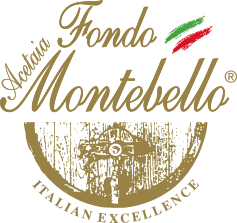For us at FONDO MONTEBELLO USA , quality as been essential factor for 32 years and therefore we have undertaken to certify it on an international level, in order to assure millions of consumers that every day, all around the world, they are choosing the excellence of our products.
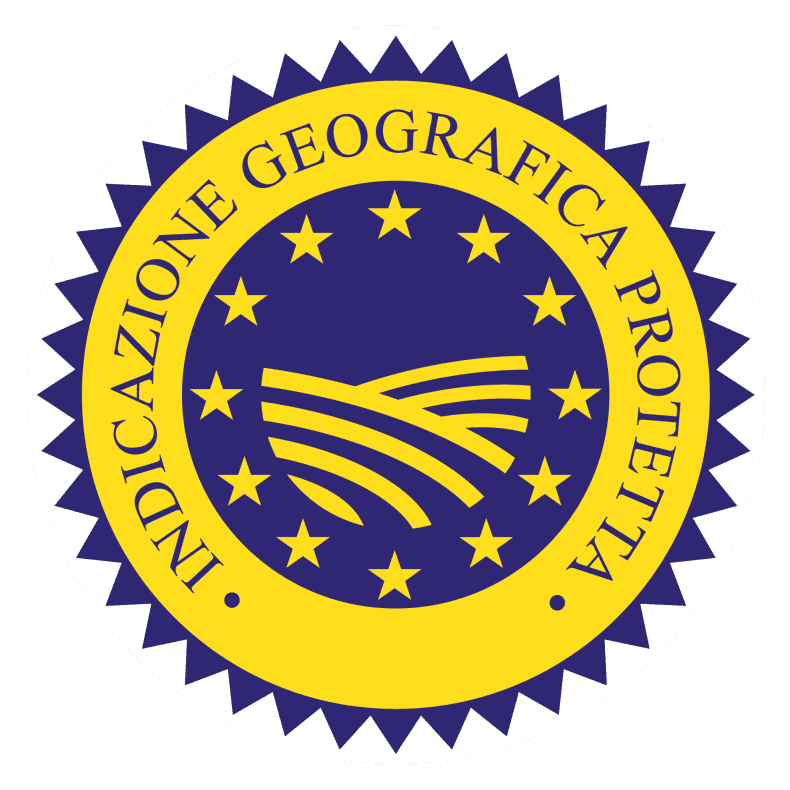
EC Regulation no. 510/2006 issued by the Council of the European Union regarding the protection of geographical indication, defined by the origin of agricultural and food products, requires that certain products are assigned the brand DOP (Protected Designation of Origin) or IGP (Protected Geographical Indication) only after particular characteristics have been established and conformity to specifications has been verified. Checks are carried out by authorised bodies.
Program of PGI monitoring
As established by article 8 of production disciplinary Reg.(EC) 583/09 and by article 12.5 of the monitoring programme DPC030, it is mandatory to write the name “Aceto Balsamico di Modena” accompanied by “Protected Geographical Indication” either in full or abbreviated.
“Protected Geographical Indication” and its acronym can appear in Italian language or in the language of the country in which the product is sold (please see translation specifications in EC Regulation 1898/06 Annex V).
PGI Regulations
For a long time, Balsamic Vinegar of Modena has represented the culture and the history of Modena, and its reputation is undeniable. A product that is closely tied to the knowledge, tradition and skill of local producers, who have created a unique and excellent product.
Balsamic Vinegar of Modena has become a part of the social and economic fabric of the area and a source of income for many operators, as well as being an integral part of the local gastronomic traditions, and an essential ingredient in many traditional recipes.
Festivals and events are dedicated to Balsamic Vinegar of Modena, honoured by centuries of tradition, during which producers meet and compare the excellence of their products. A tradition which has been kept alive by local customs. Thanks to its unique qualities, Balsamic Vinegar of Modena has developed its excellent reputation over the years, becoming an internationally famous product. Consumers associate Balsamic Vinegar of Modena with the very essence of the gastronomic traditions of the Emilia-Romagna region.
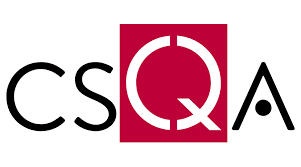
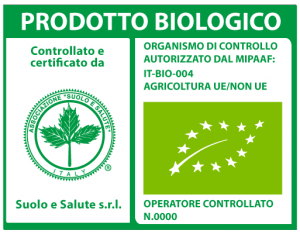
Organic farmers, processors and traders, must comply with strict EU requirements if they want to use the EU organic logo or label their products as organic.
EU legislation ensures that ‘organic’ means the same for consumers and producers all over the EU. Legislation concerning organic produce is developed with the participation of Member States and the assistance of advisory and technical committees and expert bodies.
In 2007 the European Council of Agricultural Ministers agreed on a new Council Regulation (Council Regulation(EC) No. 834/2007) setting out the principles, aims and overarching rules of organic production and defining how organic products were to be labelled.
The regulation set a new course for developing organic farming further, with the following aims:
- sustainable cultivation systems
- a variety of high-quality products
- greater emphasis on environmental protection
- more attention to biodiversity
- higher standards of animal protection
- consumer confidence
- protecting consumer interests.
Organic production respects natural systems and cycles. Biological and mechanical production processes and land-related production should be used to achieve sustainability, without having recourse to genetically modified organisms (GMOs).
In organic farming, closed cycles using internal resources and inputs are preferred to open cycles based on external resources. If the latter are used, they should be
- organic materials from other organic farms
- natural substances
- materials obtained naturally, or
- mineral fertilisers with low solubility.

The National Organic Program (NOP) is the legislation that regulates the production and labeling of organic products in the United States since 2001 and is managed by the USDA (United States Department of Agriculture).
Bioagricert is one of the Italian control and certification bodies authorized to certify organic production thanks to the recognition obtained by the USDA.
Operators wishing to export to the USA can choose two different methods:
- Apply for NOP certification
- Export under the EU-NOP equivalence regime.
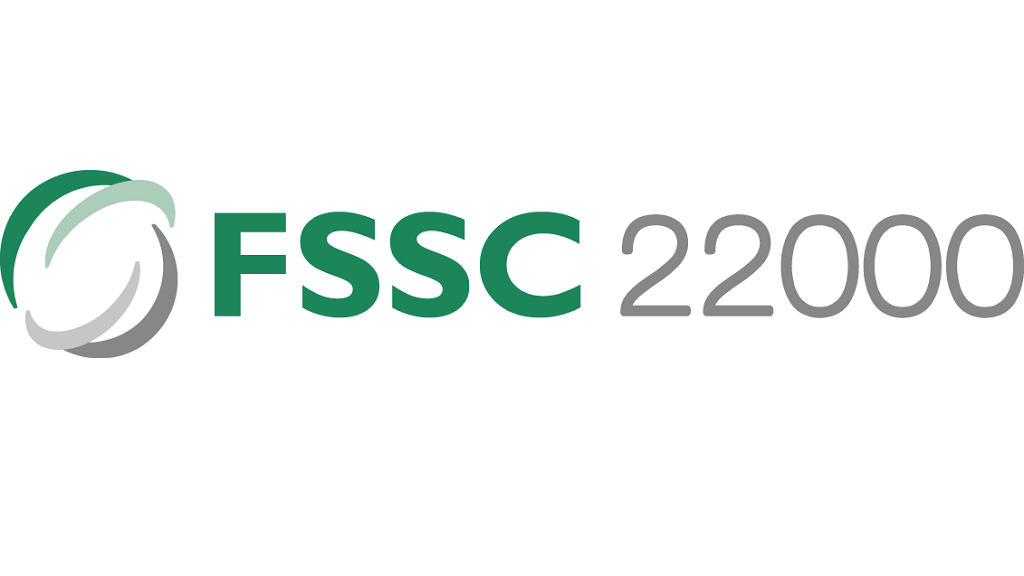
FSSC 22000 – The Food Safety Certification Scheme 22000 is a certification standard developed by the Foundation for Food Safety Certification in order to certify food producing organizations and aims to harmonize certification requirements and methods for obtaining food safety systems in the production chain.
In 2009, the Foundation published a new independent standard, called FSSC 22000, incorporating the ISO 22000 standard, the BSI-PAS 220 technical specification, and the ISO/TS 22004 standard, that is, the guideline for the application of ISO 22000.
Under version 3, the present revision of the standard, additional and detailed requirements have been incorporated. All reference documentation can be downloaded from www.fssc22000.com.
The standard has been published with the aim to harmonize certification requirements and food-safety-related methodologies throughout the supply chain, and to have certificates which are comparable with regards to the content and goals.
FSSC 22000 was originally designed to be applied to food processing organizations, however, the publication of dedicated technical specifications covering the unique PRPs of different manufacturing sectors, allows the application of the standard to multiple sectors and makes it extremely flexible.
The FSSC 22000 standard:
- allows organizations to focus on improving food safety through continuous updating to scientific and technical state-of-the-art;
- is recognized globally as the system is based on an ISO (International Standardization Organization) standard;
- allows the implementation of a systematic PRP management protocol, focused on the true critical aspects of the Organization;
- improves communication throughout the supply chain;
- applies flexibly to specific customer request
